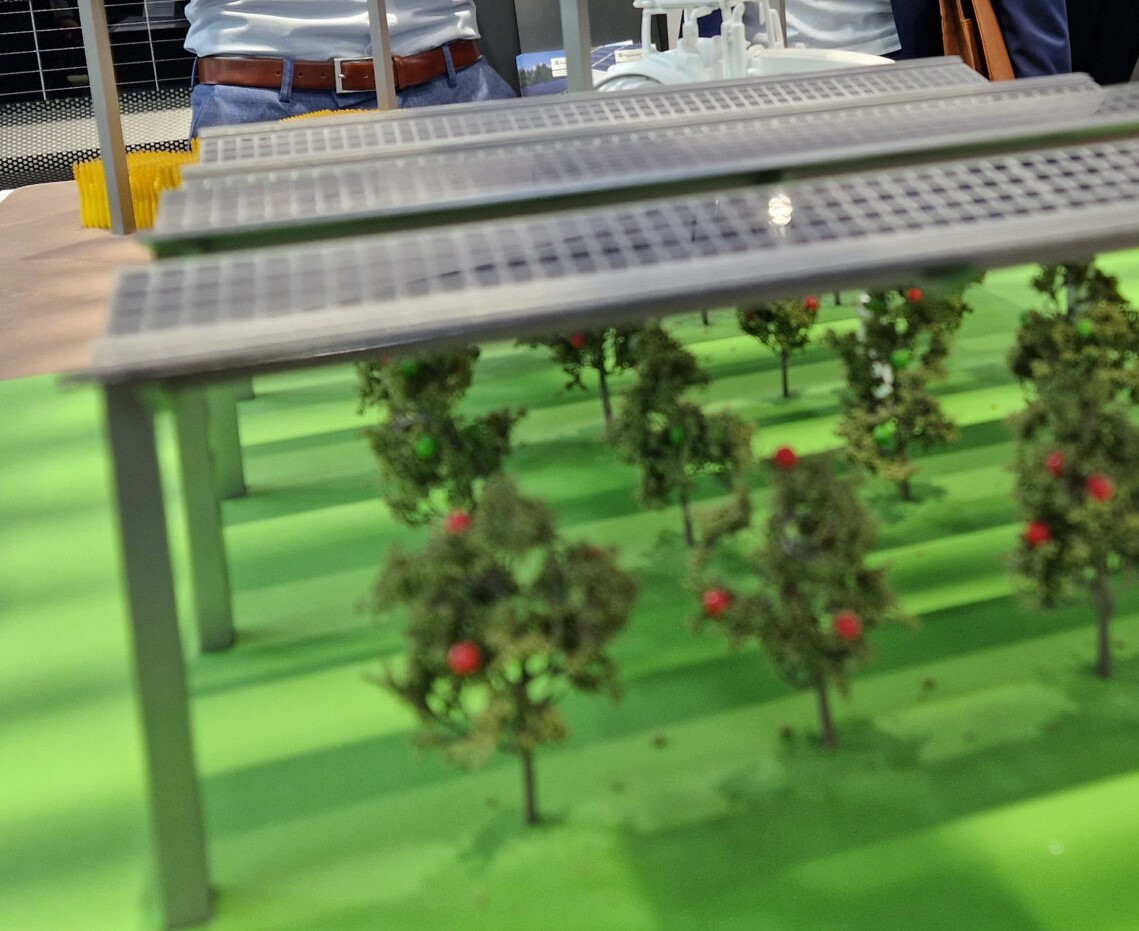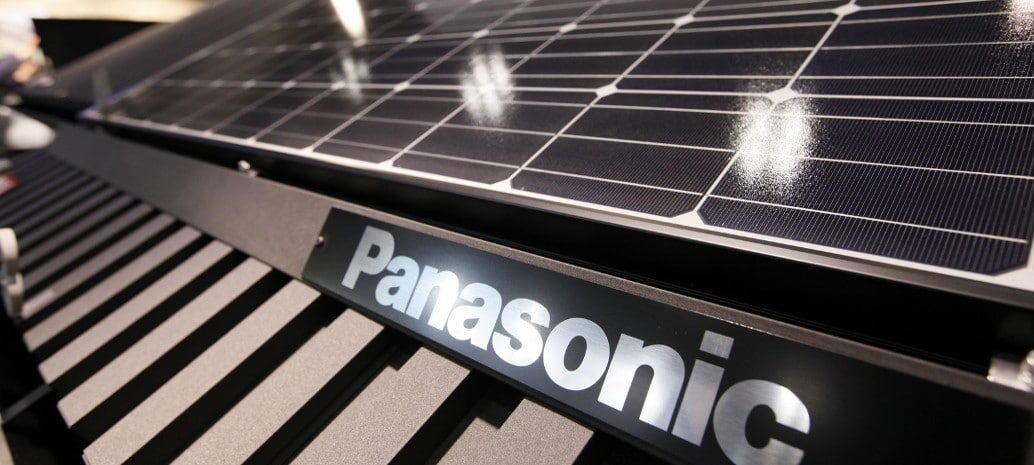South Korea‘s Ministry of Agriculture, Food and Rural Affairs has issued three new measures to support the deployment of agrivoltaic facilities across the country.
The first and most important measure consists of extending the permit to use unused agricultural land agriculture for agrivoltaic power generation from eight to 23 years.
“Regional governments are planning to provide policy incentives related to solar power generation projects in agriculture together with the Ministry of Trade, Industry and Energy,” the South Korean government said in a statement.
However, it also made it clear that the agrivoltaics business should be an exclusive right of agricultural companies.
“We will provide training to farmers about the licensing and permitting procedures to increase their understanding of agricultural solar power generation projects and operate them stably,” it said. “Related insurance products will be developed together with the Ministry of Trade, Industry and Energy to support a stable business model.”
The ministry said it will regularly monitor the development and construction of agrivoltaic projects, in order to verify that farming activities are implemented on a regular basis.
“If an agricultural solar power generation project is approved through illegal means, the authorities will be allowed to cancel permits and impose fines and penalties,” it said.
The Ministry of Agriculture, Food and Rural Affairs is expected to issue secondary legislation to implement the proposed measures in 2025.
According to the latest statistics from the International Renewable Energy Agency (IRENA), South Korea had around 27.04 GW of installed PV capacity at the end of 2023. Last year, the country added approximately 3 GW of solar.
This content is protected by copyright and may not be reused. If you want to cooperate with us and would like to reuse some of our content, please contact: editors@pv-magazine.com.




1 comment
By submitting this form you agree to pv magazine using your data for the purposes of publishing your comment.
Your personal data will only be disclosed or otherwise transmitted to third parties for the purposes of spam filtering or if this is necessary for technical maintenance of the website. Any other transfer to third parties will not take place unless this is justified on the basis of applicable data protection regulations or if pv magazine is legally obliged to do so.
You may revoke this consent at any time with effect for the future, in which case your personal data will be deleted immediately. Otherwise, your data will be deleted if pv magazine has processed your request or the purpose of data storage is fulfilled.
Further information on data privacy can be found in our Data Protection Policy.